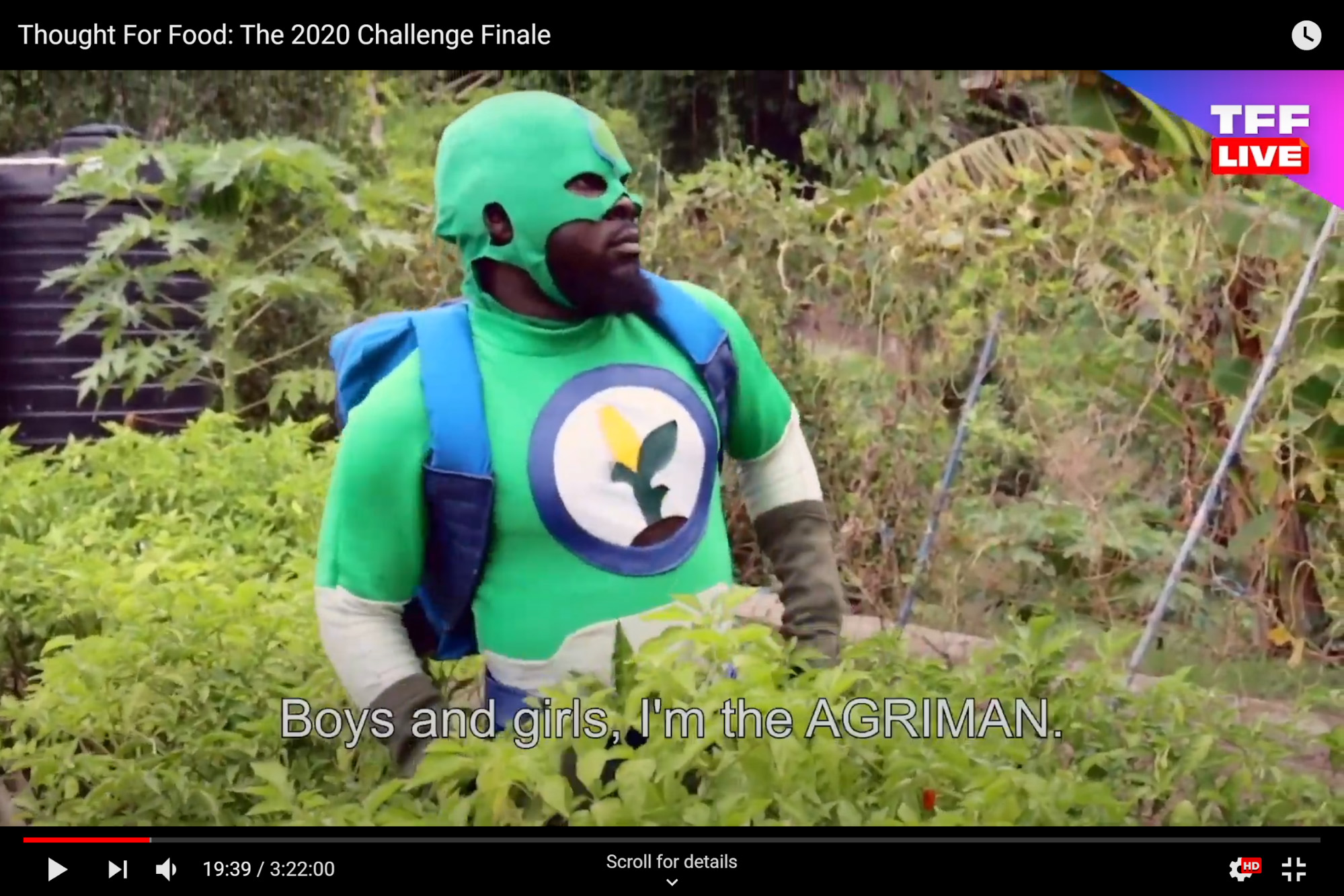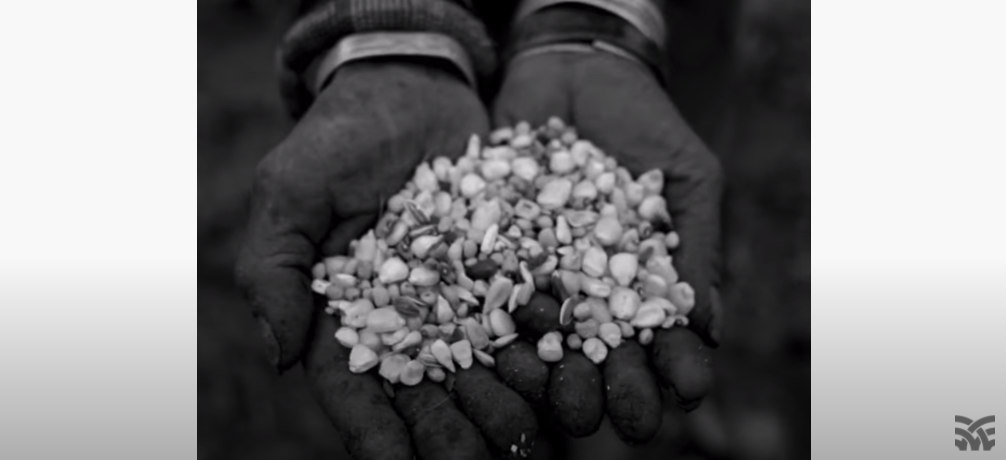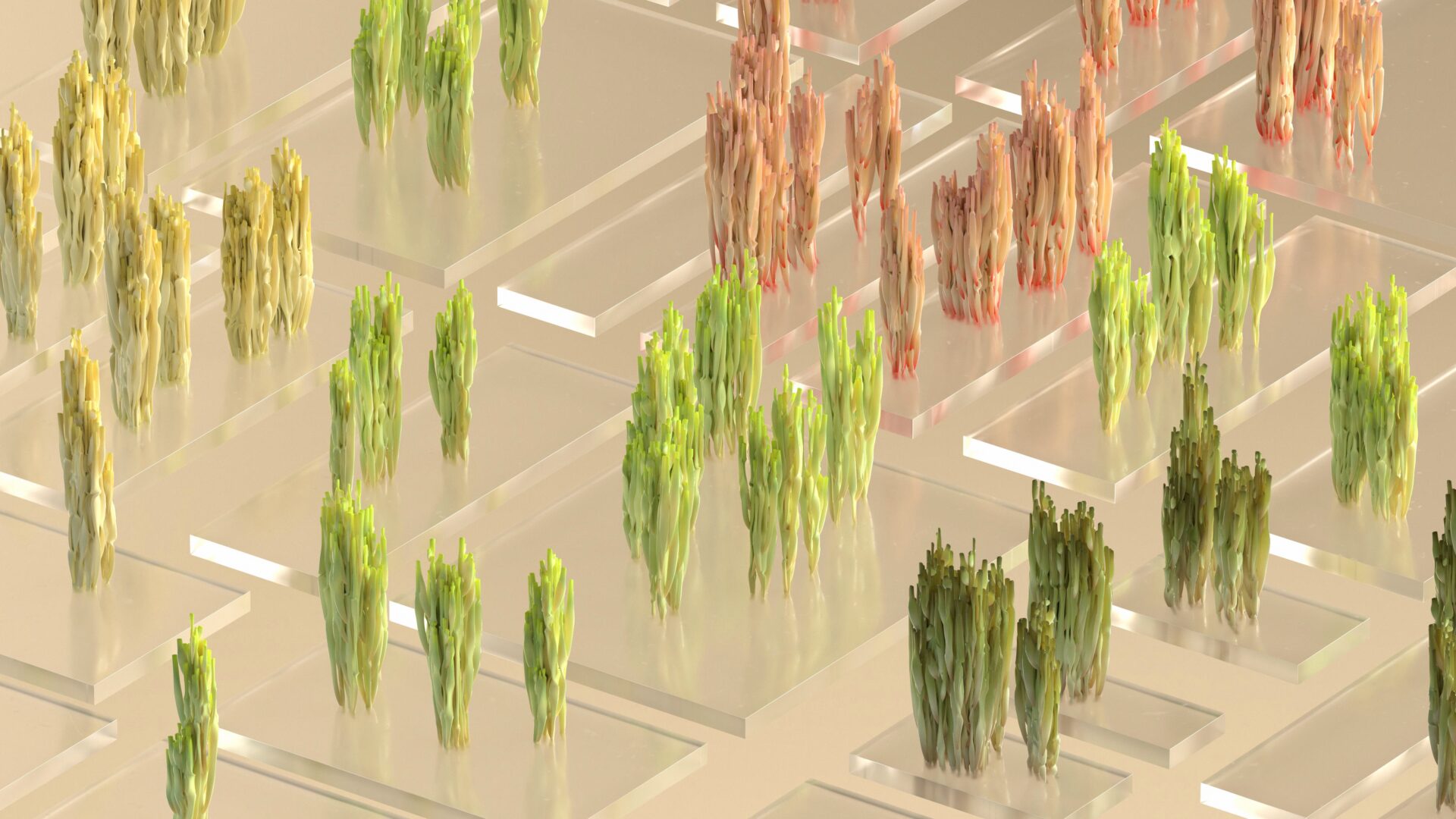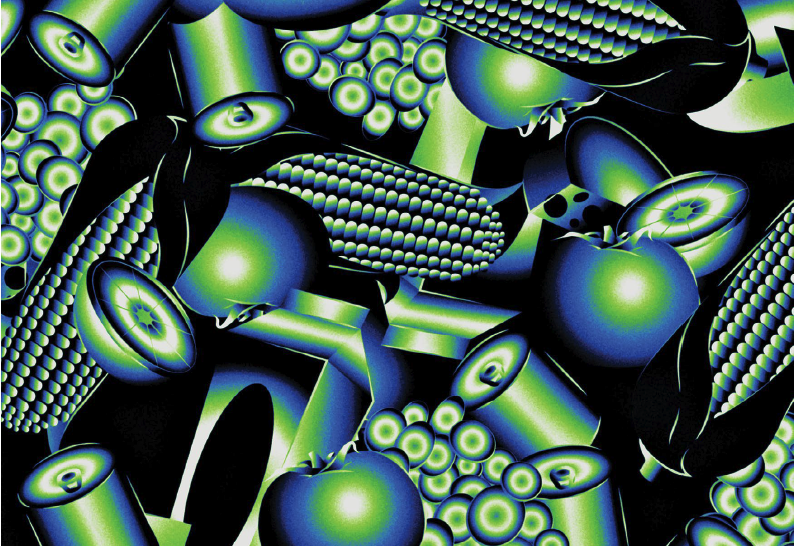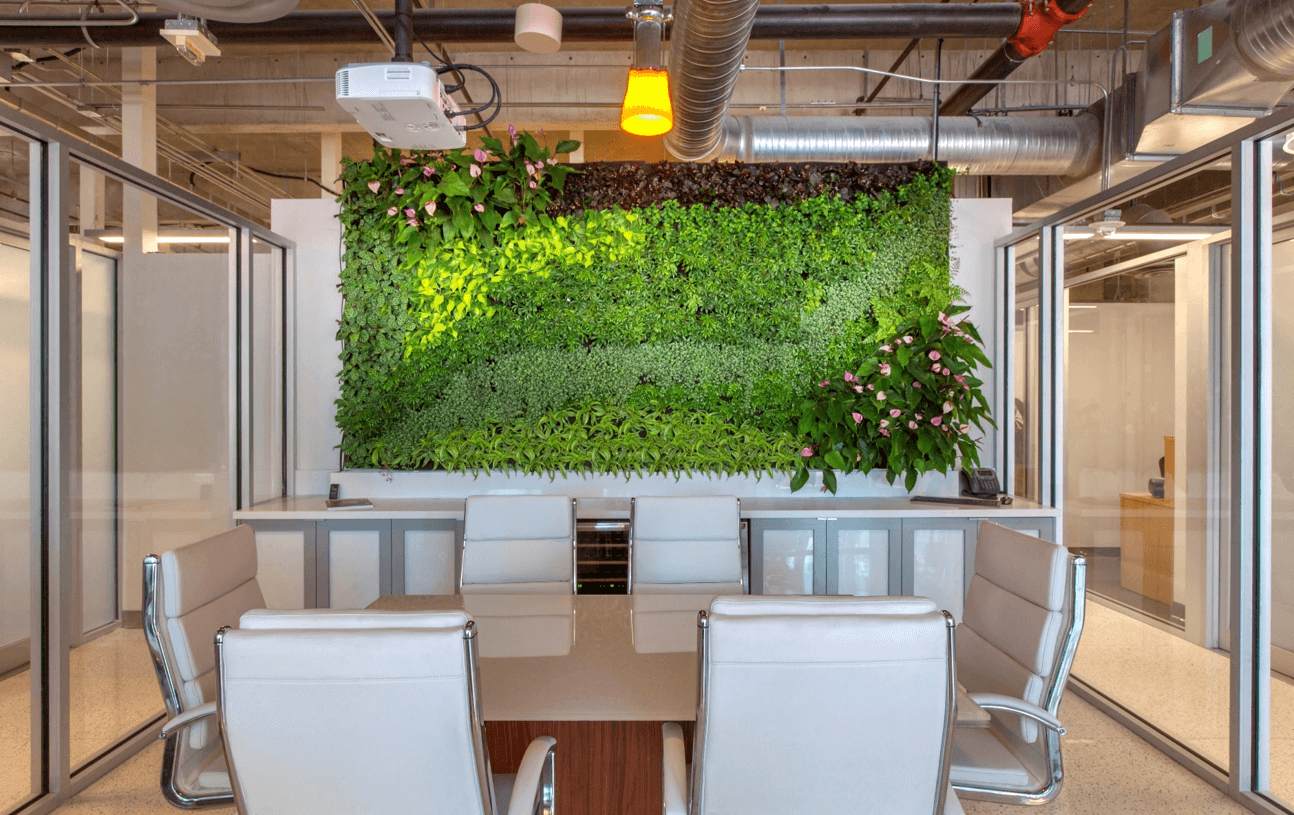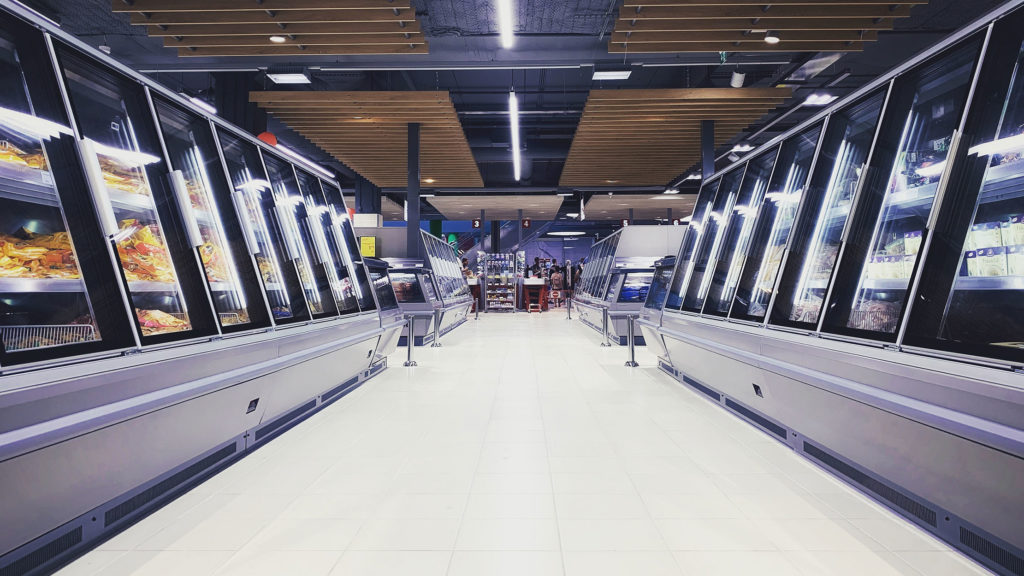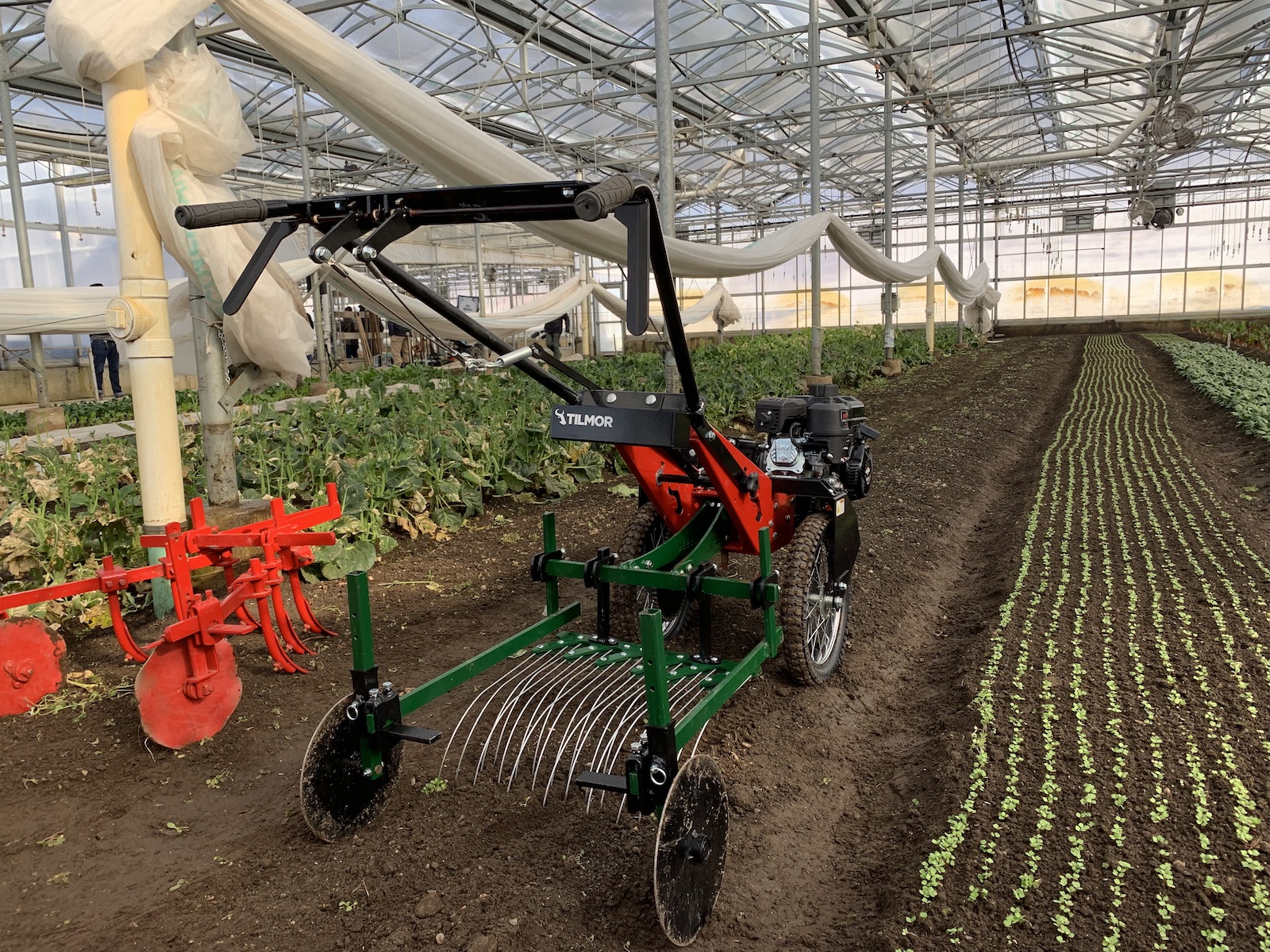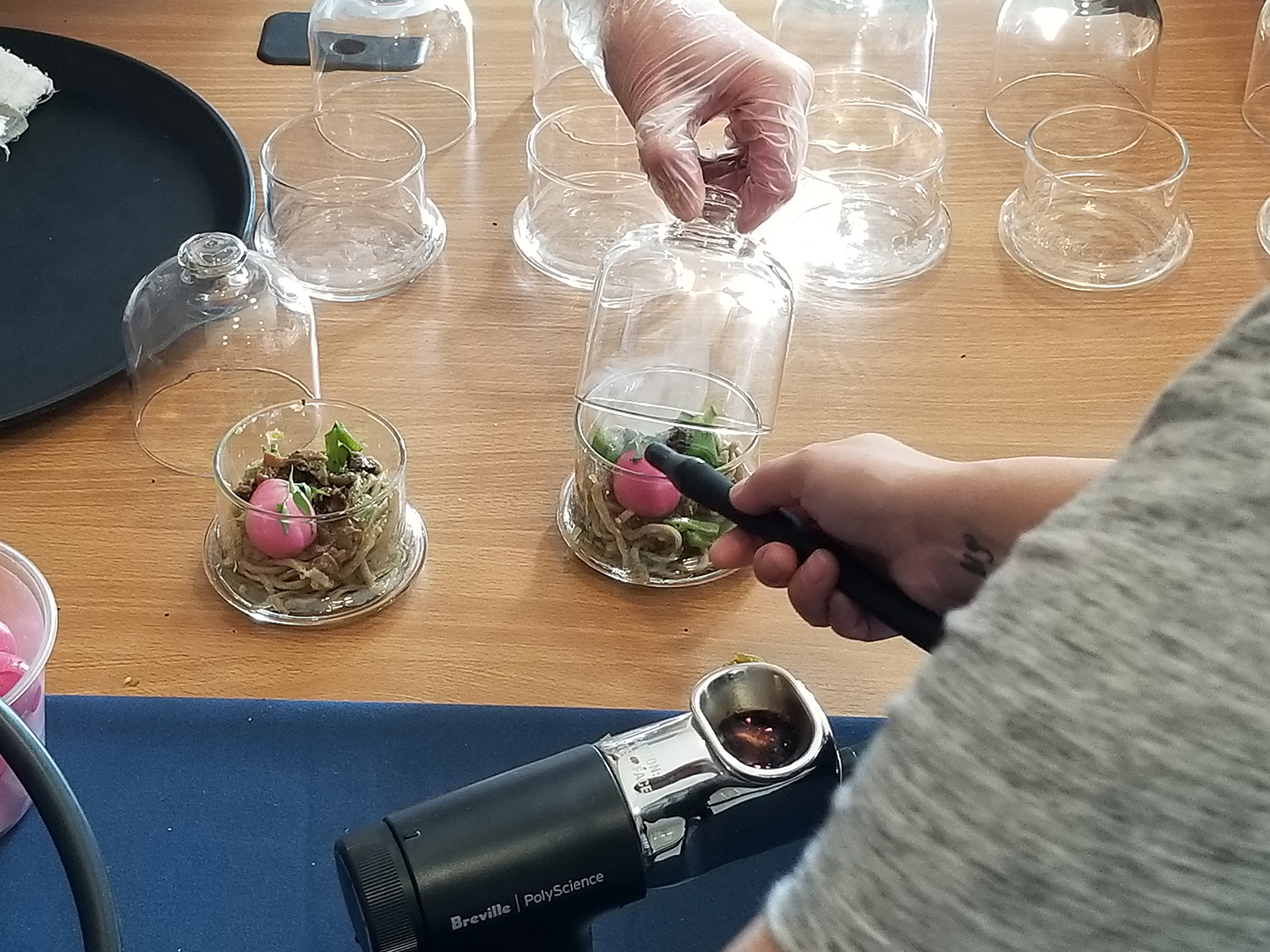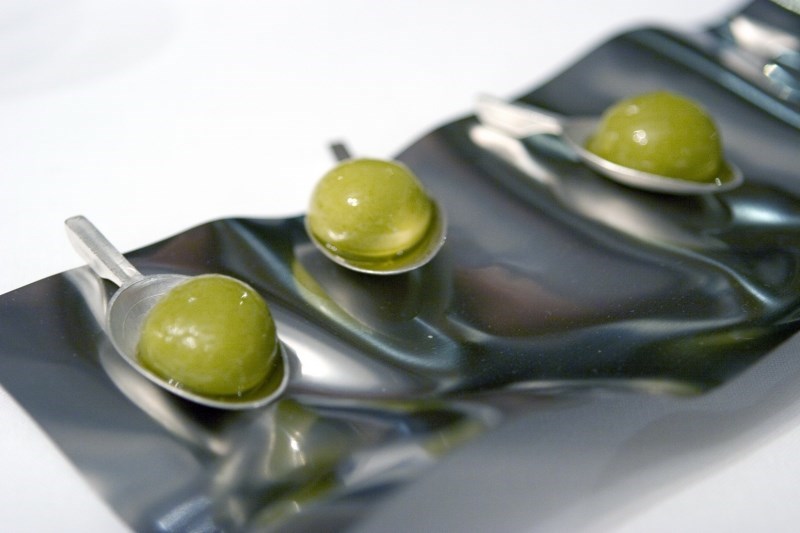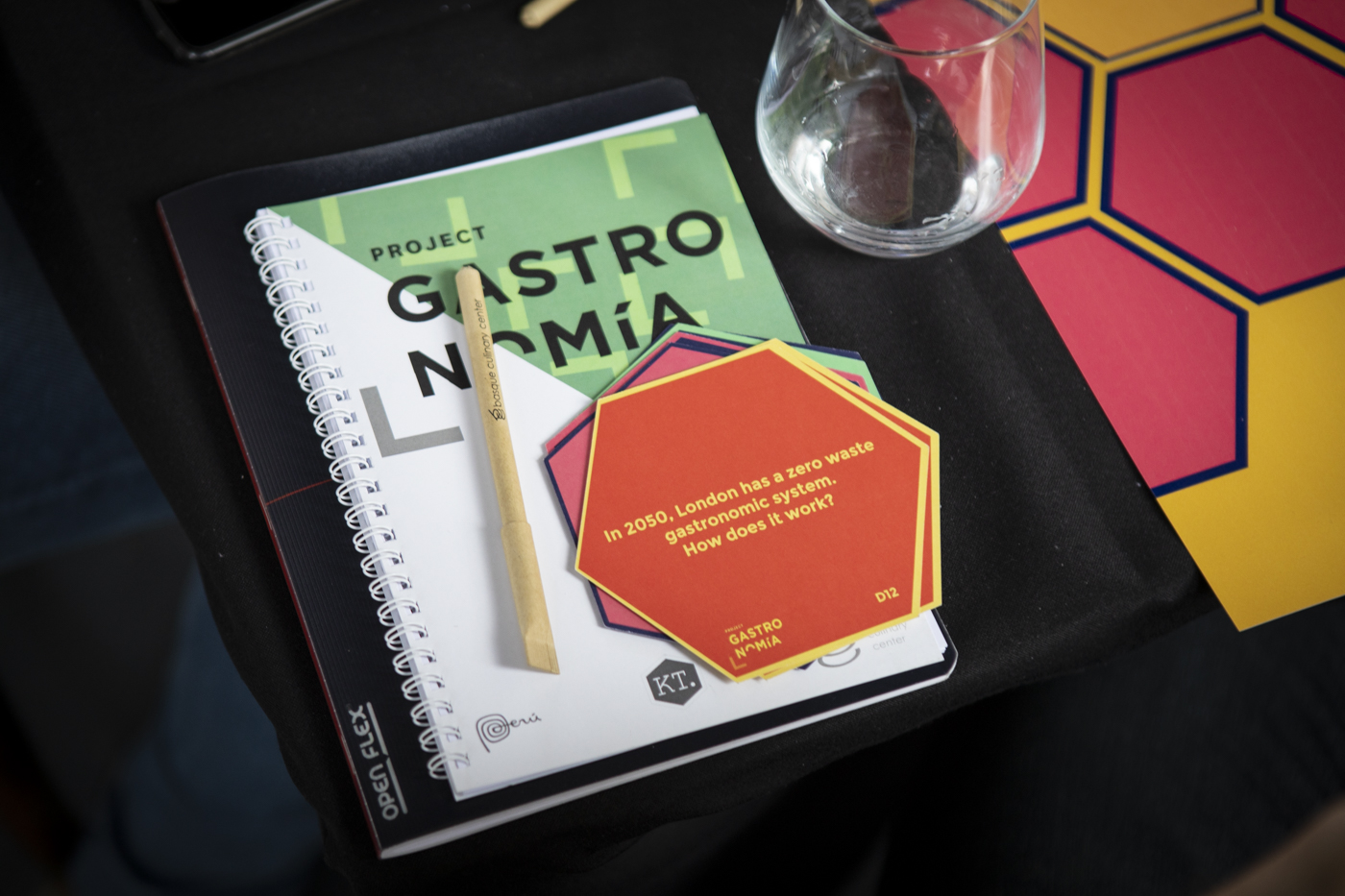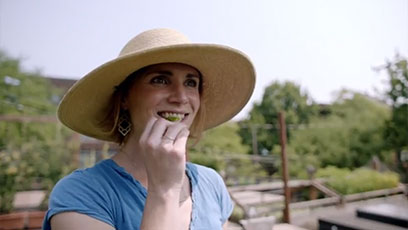As the global population grows and the effects of harmful agricultural practices become more visible, the agriculture industry is facing rising pressure to change the way it farms our food. Solving issues like food scarcity and climate change doesn’t just small require improvements in the way food is currently produced; instead, it will likely require innovative disruptions in the agricultural system. This need has encouraged the growth and exploration of the intersection of agriculture and technology—agtech—as tech companies look for a way to make farming more efficient and sustainable. This March, the World Agri-Tech Innovation Summit will meet for the fifth time in San Francisco, where industry experts will discuss what’s happening in the agri-tech sector, and identify which issues stand in the path to sustainable food. Check out below a few of the startups that caught MOLD’s eye, soon to be featured at the World Agri-Tech Innovation Summit from March 19th-20th.
 Testing of an early FaunaPhotonics field prototype at a glider plane airfield site in Denmark.
Testing of an early FaunaPhotonics field prototype at a glider plane airfield site in Denmark.
FaunaPhotonics is helping farmers gain more precise, comprehensive knowledge about the insects interacting with their crops. Using a sonar-like, light-based technology, their hardware reflects light off the backs of insects, pinpointing not only what the insect is, but also its exact location. The system enables farmers to differentiate between harmful pests, and those that are beneficial to their crops. This makes their pest control more efficient, minimizes the harm done to endangered insects like bees, and can prevent excess use of harmful pest control methods.
Over the past decade precision farming technology has allowed farmers to make more informed decisions about how to care for their crops, mitigating wasted resources and increasing crop yields. However, precision agriculture has often relied on aerial imagery to identify plant diseases and collect crop information; the dense foliage of orchards has made it difficult for aerial analysis to provide accurate information, preventing farmers from using precision tech on tree crops. Dynium Robot aims to solve this issue with their driver-less robotic system. The Dynium Robot can navigate its way through rows of plants and other hazards, gathering data and building a 3D map of an entire crop, from below the tree canopy. This new precision agriculture technology is now opening up the possibility for orchards to become more efficient, while also decreasing their environmental impact.
The best livestock care requires personalized treatment; not every animal has the same needs, and factors like illness, vitamin deficiencies, or a number of other differences can greatly alter what food and care an animal needs. Cattle farmers have usually been left to navigate this labyrinth on their own, detecting and then remembering what each cow needs. When you have thousands of cows, this can get a little complex. Cattle Care is a video-based AI system that streamlines the care process for dairy farmers. The system can identify every cow based on its marking, and not only keeps track of a cow’s individual needs, but can also make decisions about its care on a farmer’s behalf. This saves dairy farmers time and money, as the decisions they make become faster, and less prone to error. Startups like Cattle Care – as well as FaunaPhotonics and Dynium Robot—demonstrate how technology can fuel a more efficient and sustainable agricultural system.


